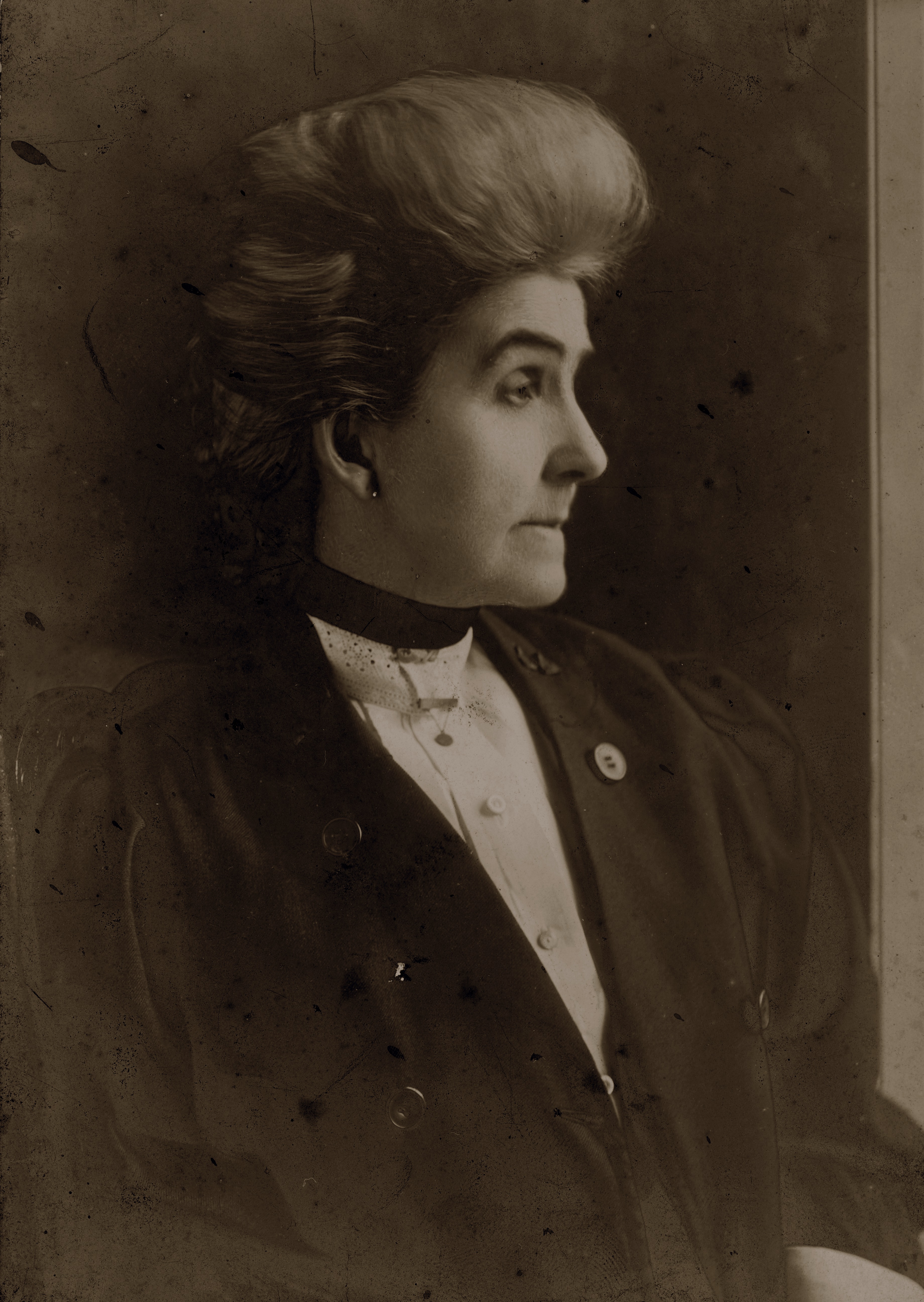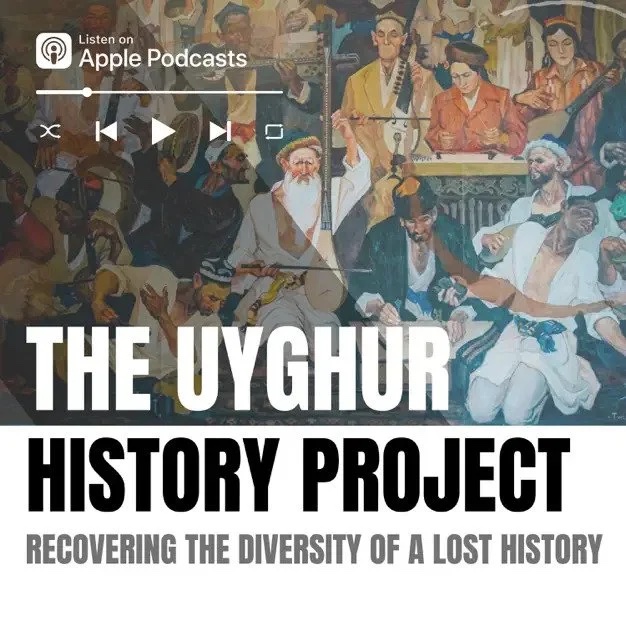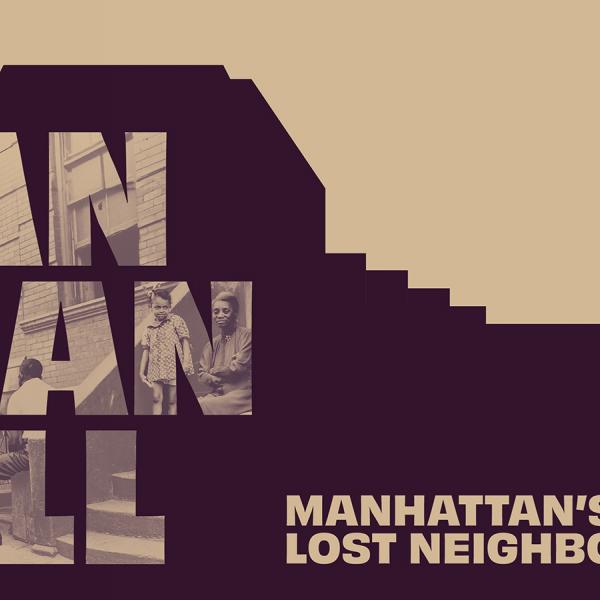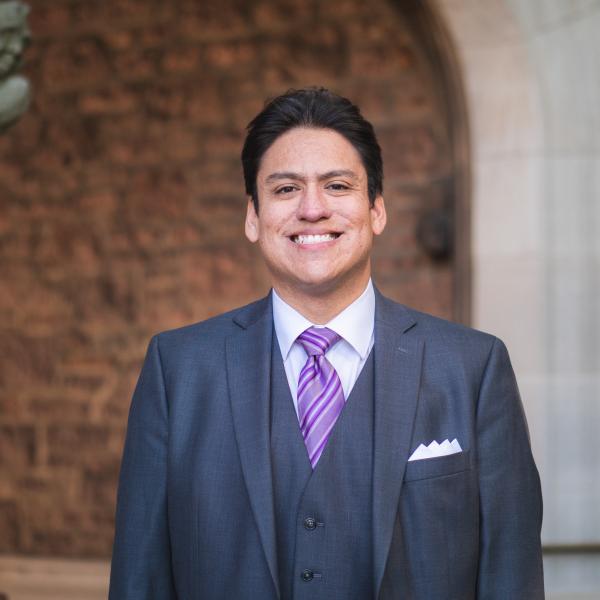The program provides support for undergraduates to pursue history-related projects that engage with the past in new and creative ways.
The Department of History has announced the 2023 recipients of its Living History Scholars program. The program fosters projects that engage with history in innovative ways and have the potential to reach a wider audience beyond the university. Each scholar must deliver a new knowledge product and report on learning outcomes when they present at the annual history gala each spring.
This year's awardees are Taryn Dixon, Serena Wu, and Gary Guo, all of whom are history majors.

Dixon's project is a historical novella based on the life of Phoebe Couzins, the first female WashU law school graduate and a prominent women’s suffrage advocate. Her project combines her love of fiction writing and her curiosity about Couzins, one of the first female lawyers in America. For Dixon, it has been satisfying to conduct academic research outside of class for the first time. “Physically being a historian, having to contact archives and libraries on my own, has been the most beneficial to me,” she said.
While the world has changed since Couzins was a student, Dixon said her story can help us understand challenges in our current society. “I think it’s powerful to recognize that while in some ways things have transformed, in others they haven’t changed,” she said. “It can help us realize what practices in the academic setting should change.”
For their project, Wu and Guo are collaborating on a podcast series titled "The Uyghur History Project," which explores the history and current plight of the Uyghur population in China's Xinjiang region. Wu was already working on a podcast on the Uyghur people before she was accepted into the Living History Scholars program, but the additional support allowed her to join up with Guo and expand the project. “The funding and the credibility of the department allowed us to reach out and get famous scholars, some of the big names in the field, to come on our podcast as guests,” Wu said.
In creating and producing the podcast, Wu felt she got a chance to do graduate-level work as a senior. Wu and Guo hope the project shines a new light Uyghur crisis for listeners. “There’s been a lot of political coverage of the crisis, but people actually know very little about how complex the region’s history is,” Wu said. “We tried to go beyond the narrative of victimhood.”
Iver Bernstein, professor of history, African and African American studies, and American culture studies, directs the Living History Scholars program. Professor Bernstein notes that Living History Scholars are encouraged to use unconventional presentation formats such as podcasts, films, long-form journalism, and art to engage with broader communities outside of WashU. Other possibilities include producing new databases or archives, exploring contexts and experiences that aren't typically paired, or some other concept and format of the students' choosing.
Living History Scholars launched last year, and Bernstein says he's excited with the way it has continued in year two. A donor recently contributed to further fund the program, something Bernstein hopes will allow it to offer more opportunities for such boundary-crossing, historically based undergraduate research.
As the program begins to think about applications for next year's cohort, which will be decided in the fall, Bernstein encourages interested students to get in touch, even if they don’t have a settled research question. “Some of the best projects develop out of curiosities or hunches,” he said. “The questions are owned by the students — it's their innovative conception of what Living History can be — and our faculty are eager to work with them to turn a question into a fully developed fundable and doable project.”





